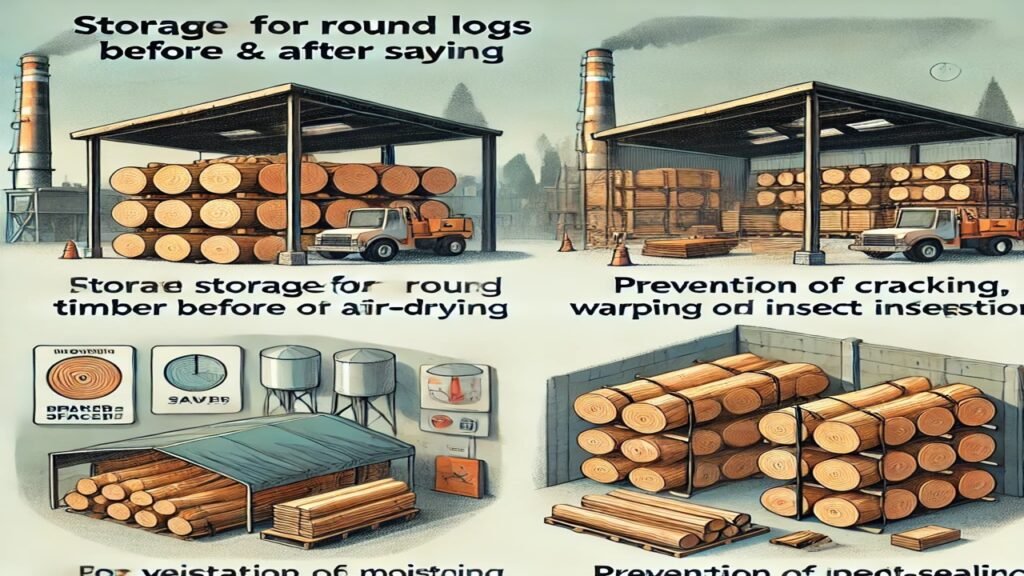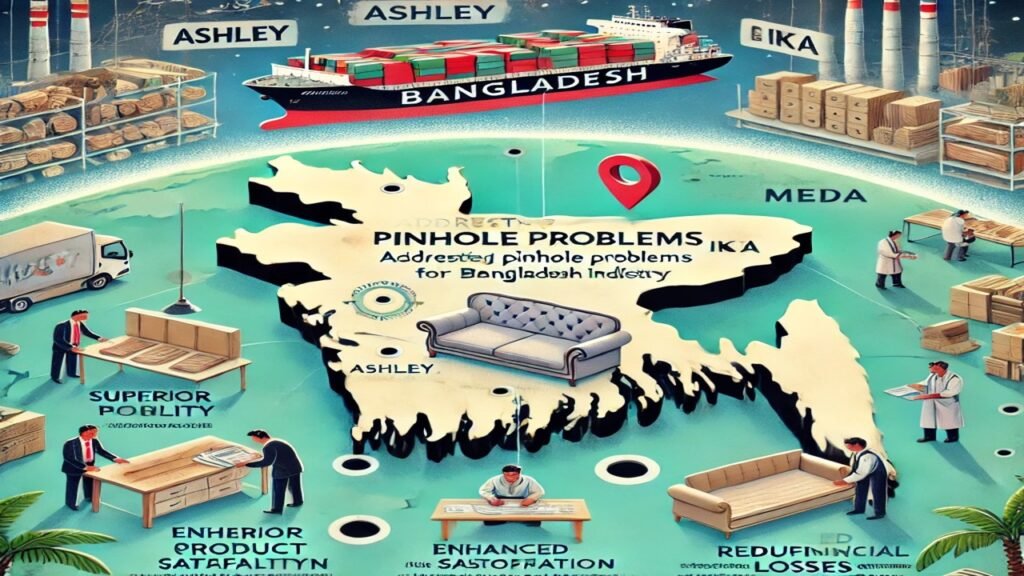These days, aside from making profits, U.S. businesses are changing things for the better around the globe. How exactly? To put it briefly, they’re adapting to cultural differences, as well as leading the way in caring for our planet and looking after their employees’ mental health. These are some prime examples we will take a closer look at. Each shows how U.S. companies and business leaders are helping to make big changes in how business is conducted worldwide.
A Partnership Pioneering Global Sustainability
Deloitte and IBM, two business behemoths, have teamed up for a greener future. Take IBM’s cutting-edge Envizi ESG Suite, pair it with Deloitte’s GreenLight Solution, and there you have it: powerful tools that help companies around the world track and manage their environmental data.
This means global businesses can make smarter decisions that not only are good for their bottom line but also help reduce their environmental impact; thus, good for the Earth, too. It’s a win-win. And this is what a partnership that goes beyond good business looks like — crossing borders and catering to a better planet.
U.S. Leaders Spearhead Workplace Health Advocacy
Cultivating mental well-being is just as important as physical health — and U.S. companies, like Deloitte and Visa, are making a big difference on the world stage. In particular, both companies are founding partners of a new global effort called The Global Business Collaboration for Better Workplace Mental Health, which brings together big and small businesses from all over the world.
Their goal? To make sure business leaders everywhere understand how important mental health is in their workplaces. Joe Ucuzoglu, global CEO of Deloitte, underscored the company’s commitment to supporting their people when faced with challenges and “providing a work environment that is free of stigma.”
What’s truly special about this effort is its reach. It’s not just for companies in one country — leaders of well-known companies like BHP, HSBC, and Unilever are also on board, and together, they are working on ways to raise awareness about boosting workplace mental health.
Additionally, they’re sharing smart strategies and tools to help companies, regardless of location, support their teams. This kind of teamwork shows how U.S. business leaders aren’t just thinking about their own companies; they’re thinking about workers all around the world.
Adapting to Cultural Differences is Key in Global Markets
With an ever-increasing divided world, U.S.-China ties are suddenly providing cause for some optimism. Dominic Ng, chair of the Asia-Pacific Economic Cooperation (APEC) Business Advisory Council (ABAC), is a key player in strengthening relations between the two major economic powers. And, as chairman and CEO of East West Bank, he helped turn the once-fledgling Pasadena-based savings and loan association into a major commercial bank.
But Ng’s influence doesn’t stop at guiding a major bank, as he also brings a global business perspective to Mattel’s board of directors, too. Considering Mattel’s manufacturing presence in China, Ng’s insights and deep understanding of China’s market help shape strategies, thereby influencing global manufacturing and trade.
His work is a glowing example of how U.S. business leaders can foster international collaboration. Forging path after path through the complex U.S.-China economic landscape, he’s showing how cultural understanding and strategic thinking can lead to success on a global scale.
Conclusion
Looking at these examples, it’s quite clear U.S. companies and business leaders are doing their part to build stronger business ties worldwide. Indeed, we can see how these companies are leading the way in making our planet greener, supporting employee mental health, and better understanding cultural differences in business that benefit both sides.
That’s a lot more than doing business as usual and helping to grow the economy. So, while at times it seems U.S. companies are simply going along with global business, more often than not they’re leading it and creating new ways to work together, grow, and help each other in a fully connected world.
Michael C Vang is a passionate blogger. He has been blogging since 2013 on a variety of topics. He is committed to creating informative and engaging content that helps readers learn more about everything.



